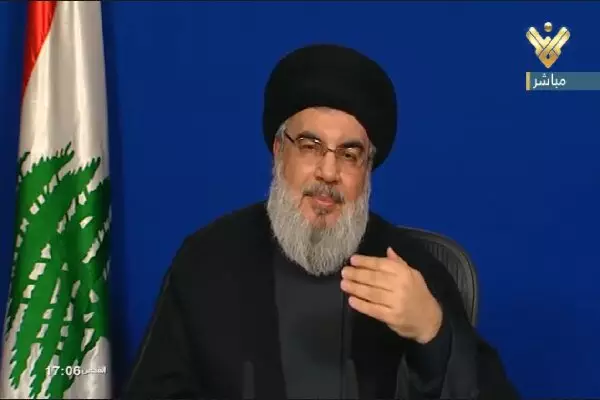Hassan NasrallahIIT Exclusive NewsLeaders of UmmahLebanonVideosWest Asia
VIDEO: People supporting Hezbollah following Nasrallah’s speech
Thousands of Lebanese people came to the streets of Beirut on Friday to voice support for Hezbollah leader Hassan Nasrallah.








